Delivering the right product
At the intersection where Value and Viability (VX) meet Usability (UX) and Feasibility (FX), is what product teams need to build. But how do we figure out where this is. I call this process Product DX or the Product Discovery Experience. While there is no set process that will work for all situations the following is a glimpse into some of the discovery processes I use to deliver innovative products that customers love,
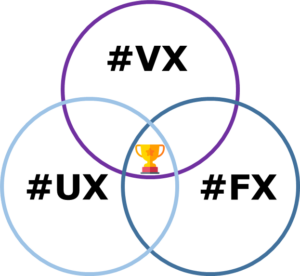
VX
determining the Market
#Viability
All product discovery should start with determining a value.
- We need to understand whether customers will buy it or users will choose to use it.
- We need to ensure that what we build will entice users from competitors.
- We need to understand if we can afford to build this.
- Is it something our company can sell.
- Is this a market we are familiar with.
- Do we have the expertise needed?
competitors
Target Price point
Determining the right pricing point is critical for a product. Too low your company will not be profitable. Too high you will not have the ability to acquire customers.
Pricing should be in line with the value of the benefits that your product provides for its customers, while also bearing in mind the prices your competitors charge
VX²
Understanding The needs of your customers
#value
“Fall in love with the customer’s problem, rather than the solution.”
BecomING the voice of your customer
and Understanding their jobs to be done

What is the problem I am trying to solve?

What is my motivation? Why would I hire you?

What are my ideal outcomes, and main objectives?

What is my emotional job? Why will I choose You?
Customer Journey mapping
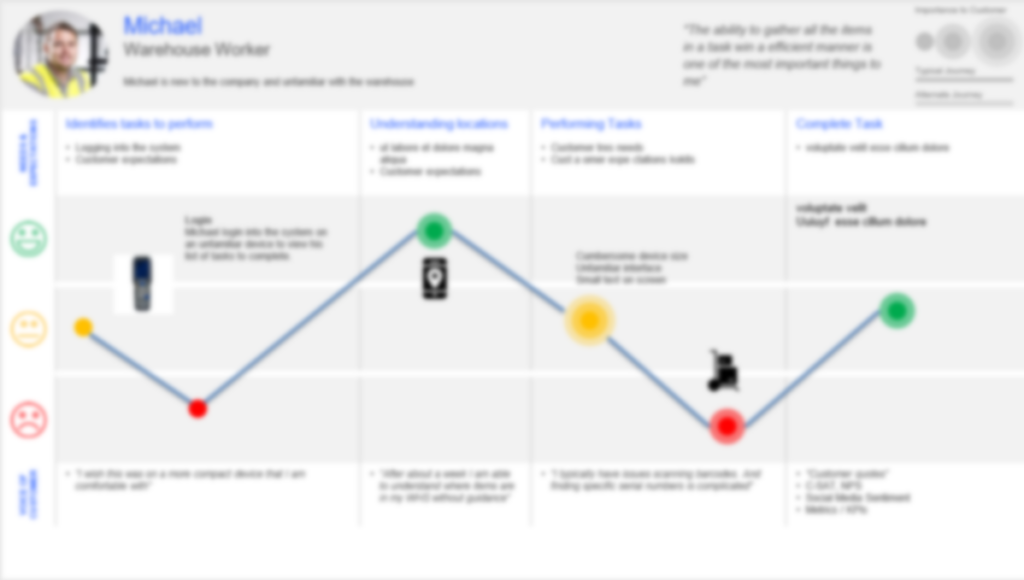
UX
can we ensure users will figure out how to use the product
#usability
Working with UX professionals we can reduce the risk that users will be able to use the product and find value in it. There are many ways to do this some of my favorites are design sprints, and rapid prototyping. we can validate these prototypes via moderated and unmoderated testing.
Design Sprinting
Wireframing & prototyping
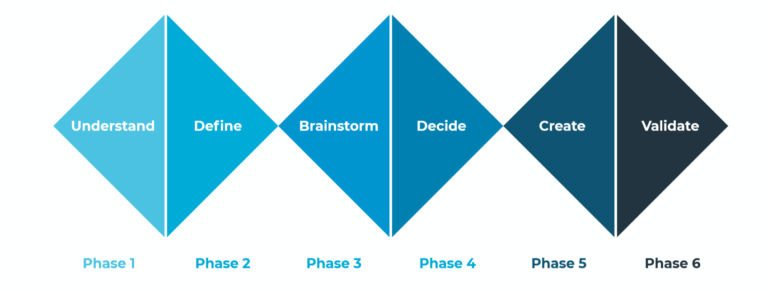
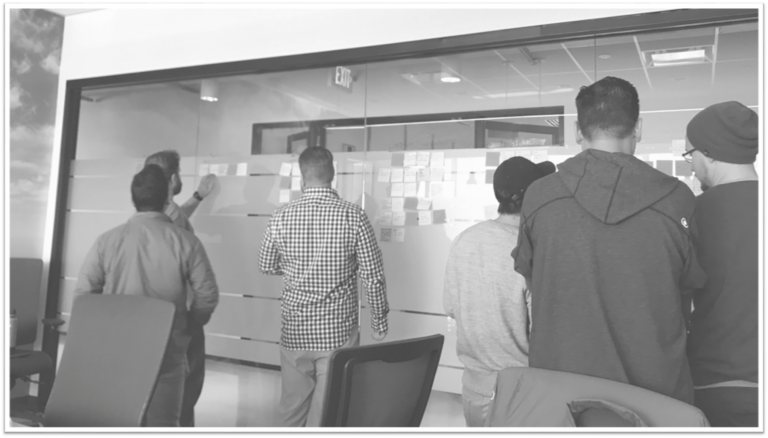
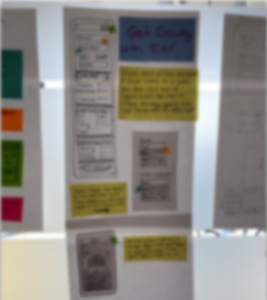
rapid prototyping and validation
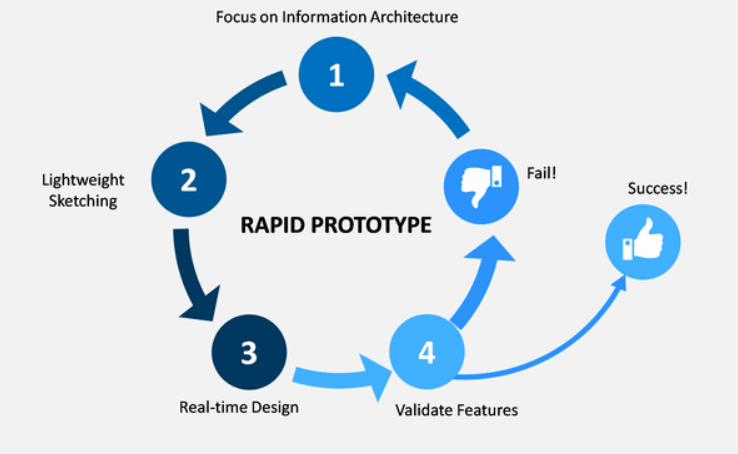
According to a statistical analysis by user experience experts at Nielson Norman, a user test with only five people will identify 85% of usability issues.

Unmoderated Testing
Unmoderated user studies allow product teams to gather insight quickly on a defined set of usability tasks.

Moderated Testing
The real power behind moderated research is the ability to dig deeper in the moment. The product team should be experts at helping users to voice what they are experiencing–saving companies from costly rework after a product or feature launches.
FX
We need to know if we can build it
#Feasibility
So that we can reduce the risk of embarking down a path that proves too expensive to build or maintain Product Managers need to work with their Tech counterparts to determine the following
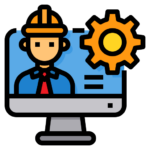
We need to understand if the product can be built with the available technology, but is too expensive;
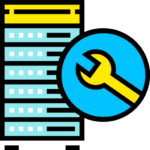
The product can be easy and cheap to built, but entails a heavy maintenance component whose cost outweighs the money that can be made out of the product’s value proposition.
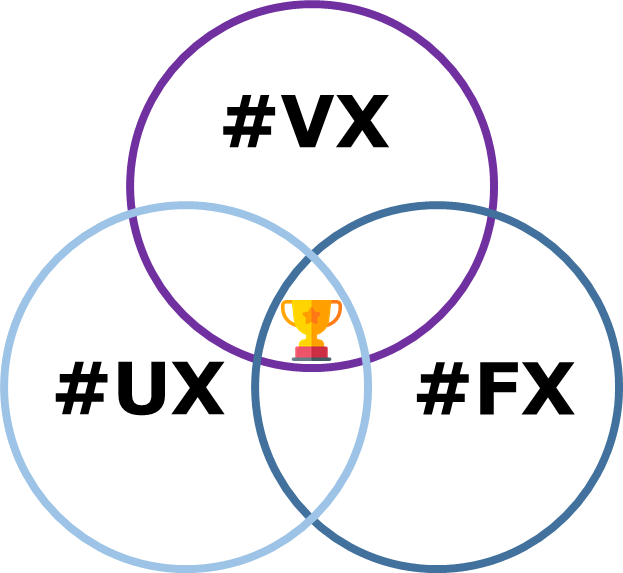
Now We Start the Great Experiment
Based on all our discovery work above we now have a good picture of what should be included in our MVP. The MVP as defined in the book "The Lean Startup" is the version of a new product that allows a team to collect the maximum amount of validated learning about customers with the least amount of effort.